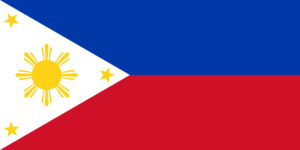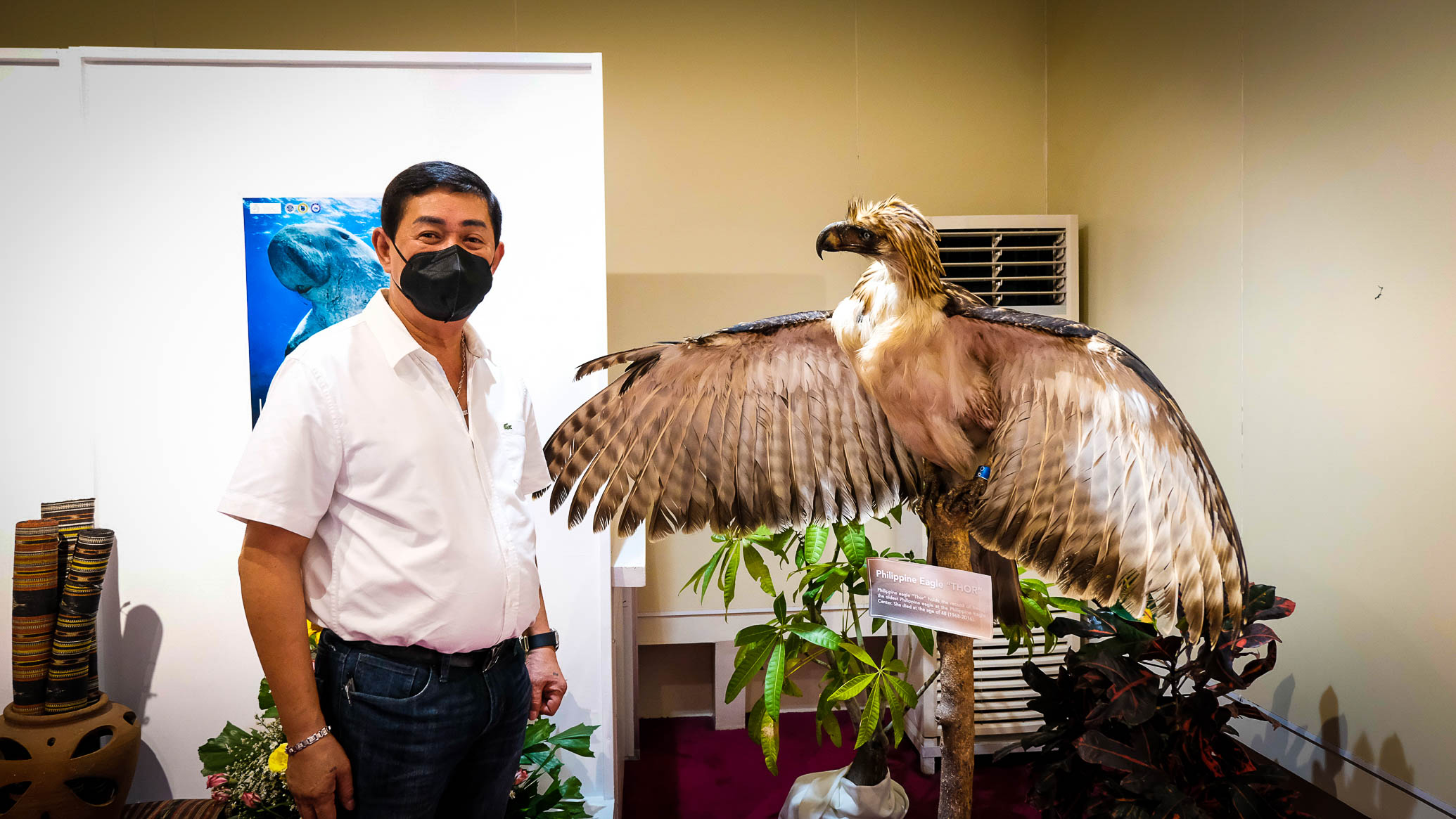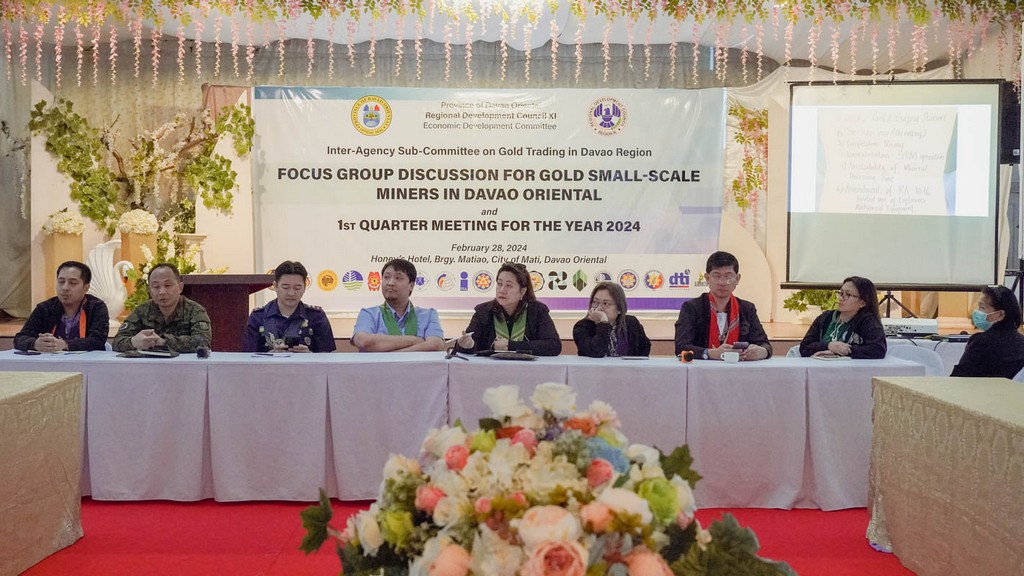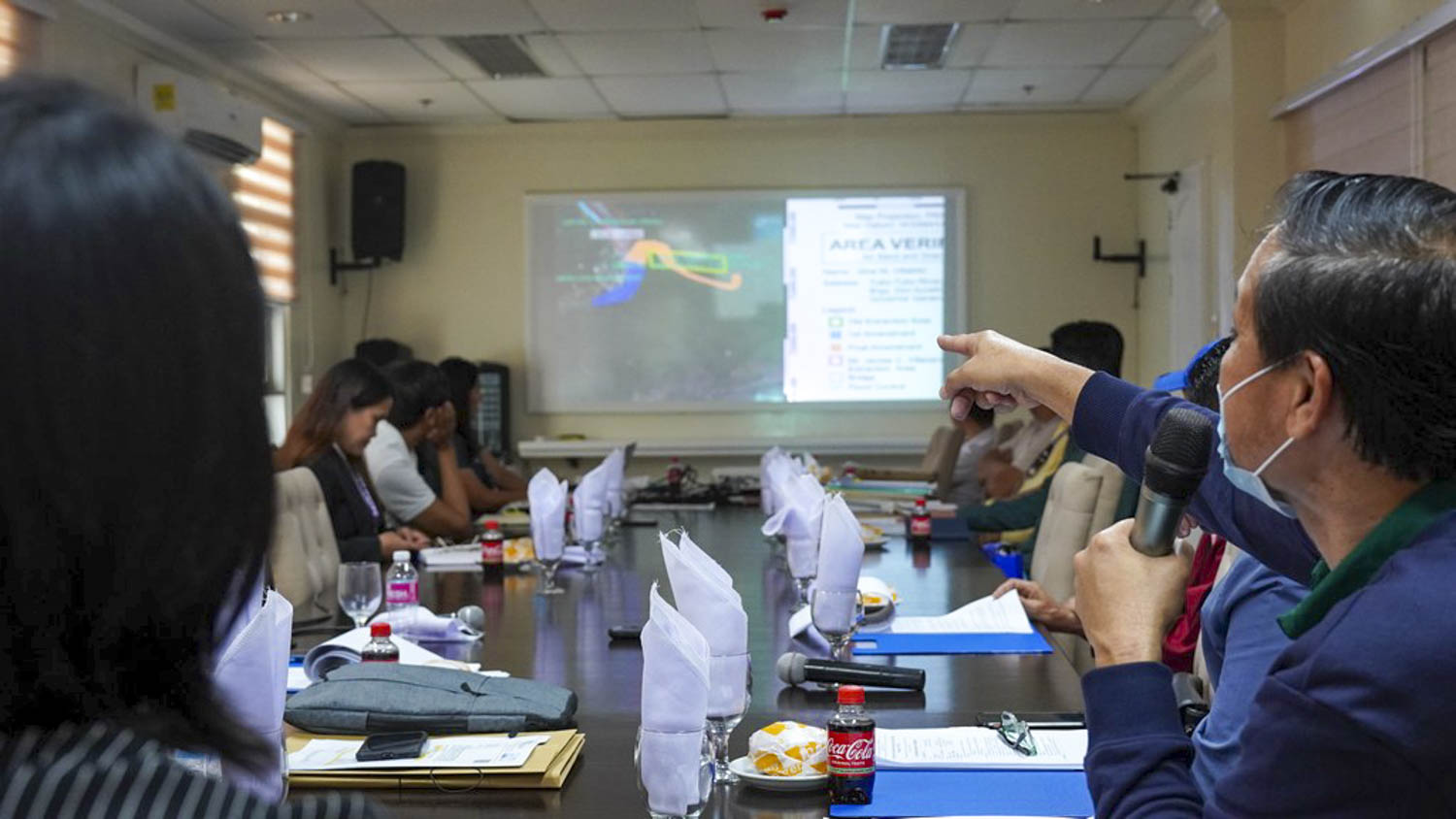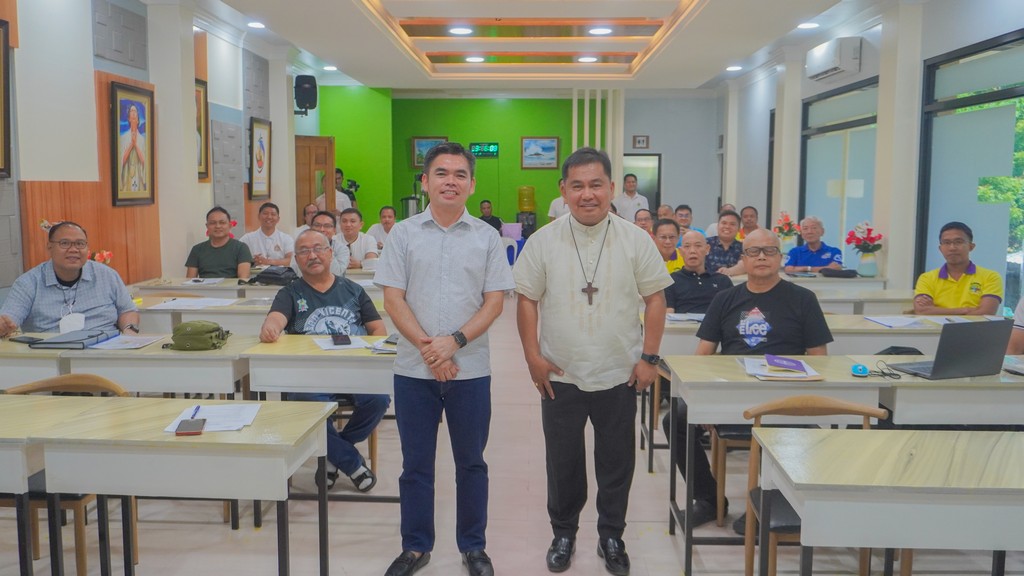City of Mati, Davao Oriental — As the world’s top scientists and conservationists gathered here to celebrate the United Nations’ World Wildlife Day, Davao Oriental Governor Nelson Dayanghirang has made a clarion call to protect the ecology.
“We will all suffer if we kill the environment. And it is the duty of the government to protect the people. We should never allow our paradise to become a hell. We are only here for a split second of eternity. Let the future generations enjoy their constitutional right to a healthy ecology. Our right to water, to life, to agriculture is not only constitutional, it is God-given,” says Governor Nelson Dayanghirang during the opening here of the UN World Wildlife Day celebration.
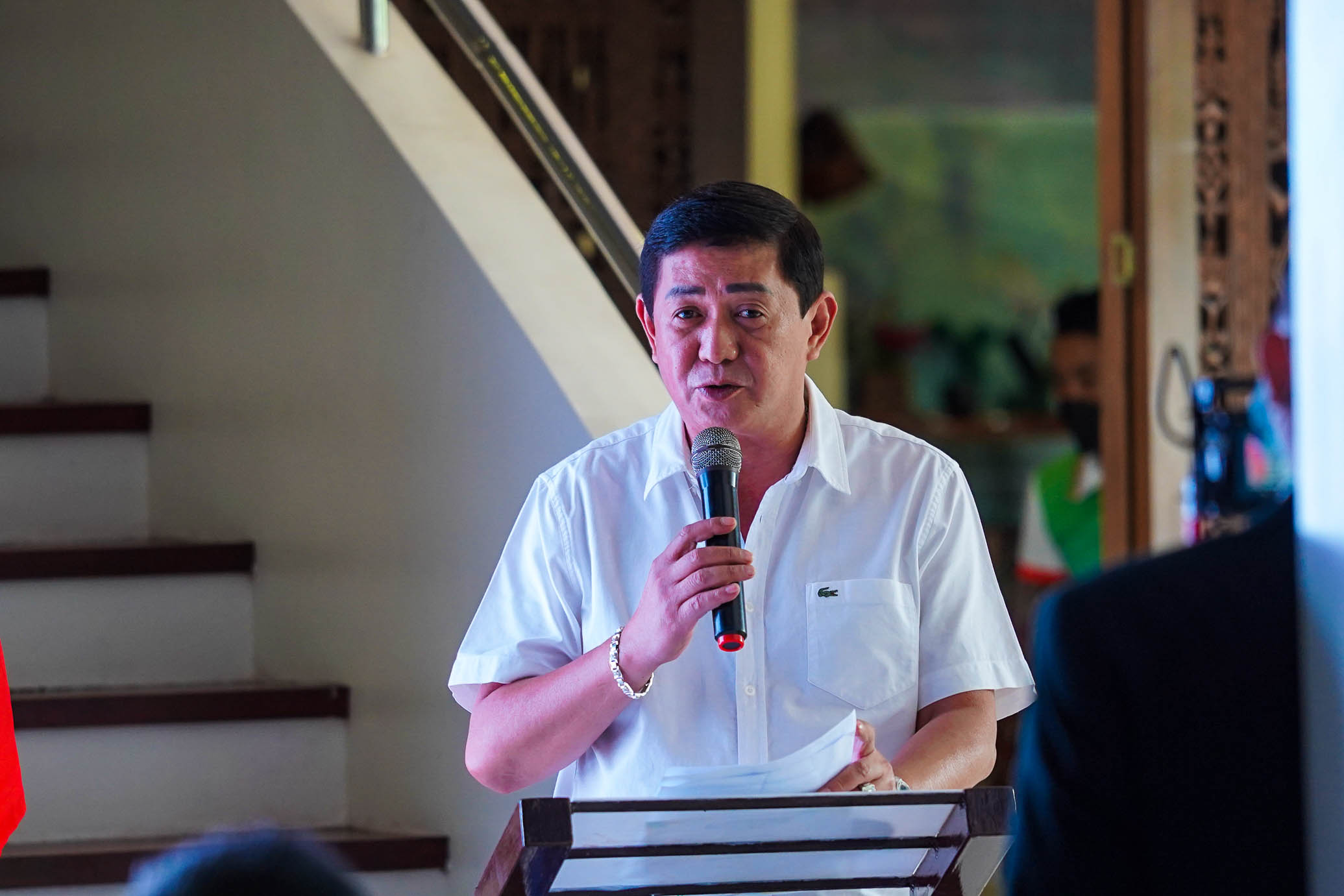
The Philippines is one of the 17 megadiverse countries in the world and a home to two of UNESCO’s biodiversity heritage sites, namely, the Tubbataha Reefs Natural Park in Sulu Sea and Mount Hamiguitan Range Wildlife Sanctuary in Davao Oriental. Yet the country is also one of the biodiversity hottest of hotspots due to the alarming habitat loss, says the world’s top scientists and conservationists who graced the celebration here.
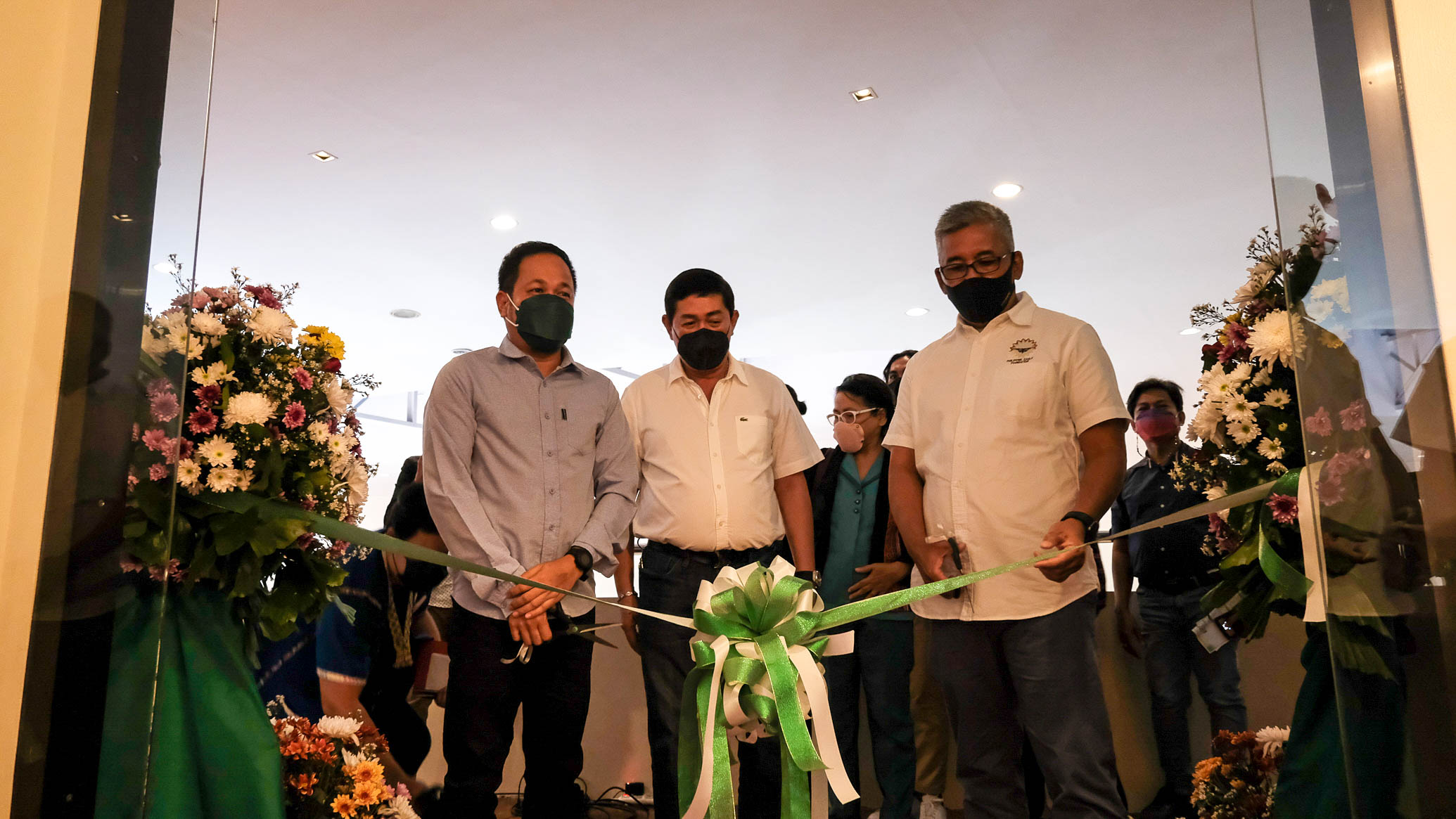
Davao Oriental is one of the “megadiverse” yet “hotspot” focal areas in the country. The province contains a high proportion of unique biodiversity and at the same time, it has become a hotspot because its forest and other natural areas, with their unique plants and animals, are being lost at a fast rate, says Dr. Bernd-Markus Liss, principal advisor of the German Development Cooperation that funded a biodiversity conservation program in the province. The German-funded project here has provided livelihoods and safeguarding of the rights of the Mandaya indigenous peoples in Davao Oriental. The German-funded program also aimed to strengthen the coordination of the national and local government units on forest protection and sustainable forest management by reducing shifting cultivation and timber poaching in support to the National Greening Program.
The province of Davao Oriental hosts the Mount Hamiguitan Range Wildlife Sanctuary, a UNESCO World Heritage Site and an ASEAN Heritage Park. The mountain range has a protected forest area of approximately 2,000 hectares and its rivers flow down to Davao Gulf in the west and Pujada Bay in the east. The mountain range showcases terrestrial and aquatic habitats at different elevations that provide critical habitats for the globally threatened and endemic flora and fauna species.
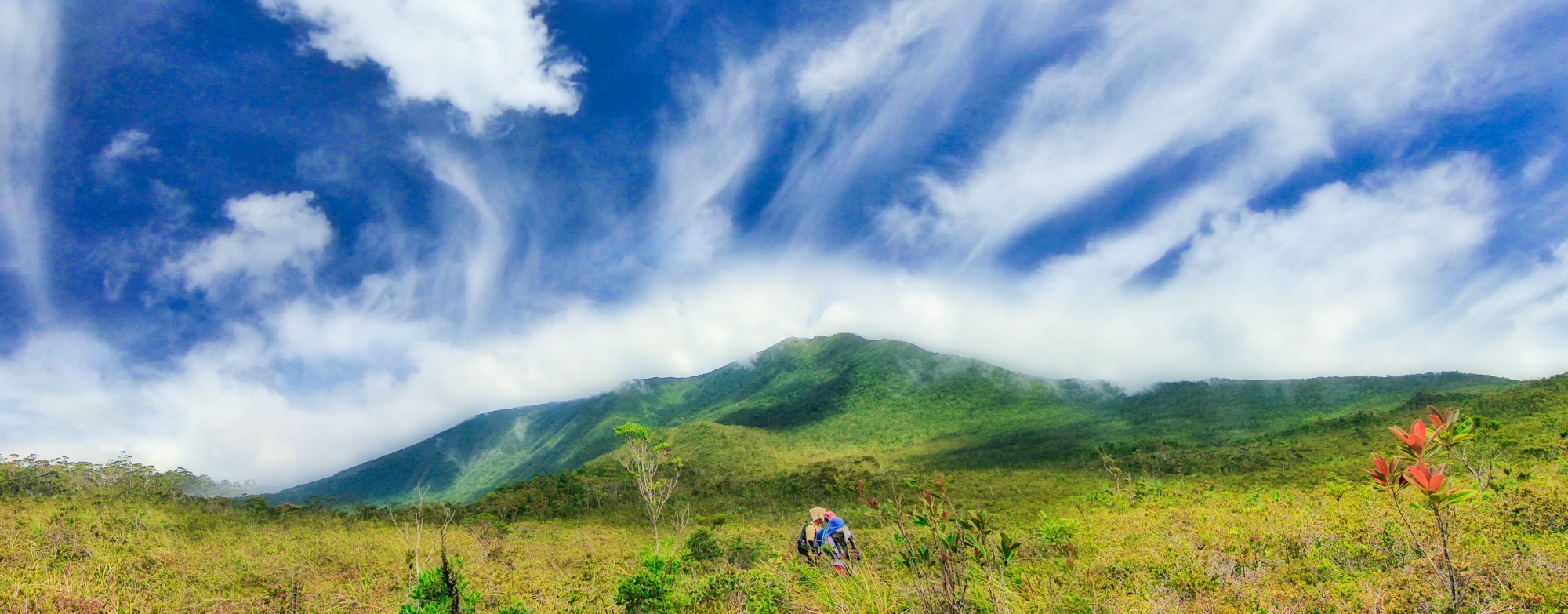
In 2021, the majestic Pujada Bay which is adjacent to Mount Hamiguitan, along with two other bays, Balite and Mayo, had been declared among the Most Beautiful Bays in the World following the acceptance of the application made by Davao Oriental Governor Nelson Dayanghirang for the three bays’ inclusion to the Club of the Most Beautiful Bays in the World.
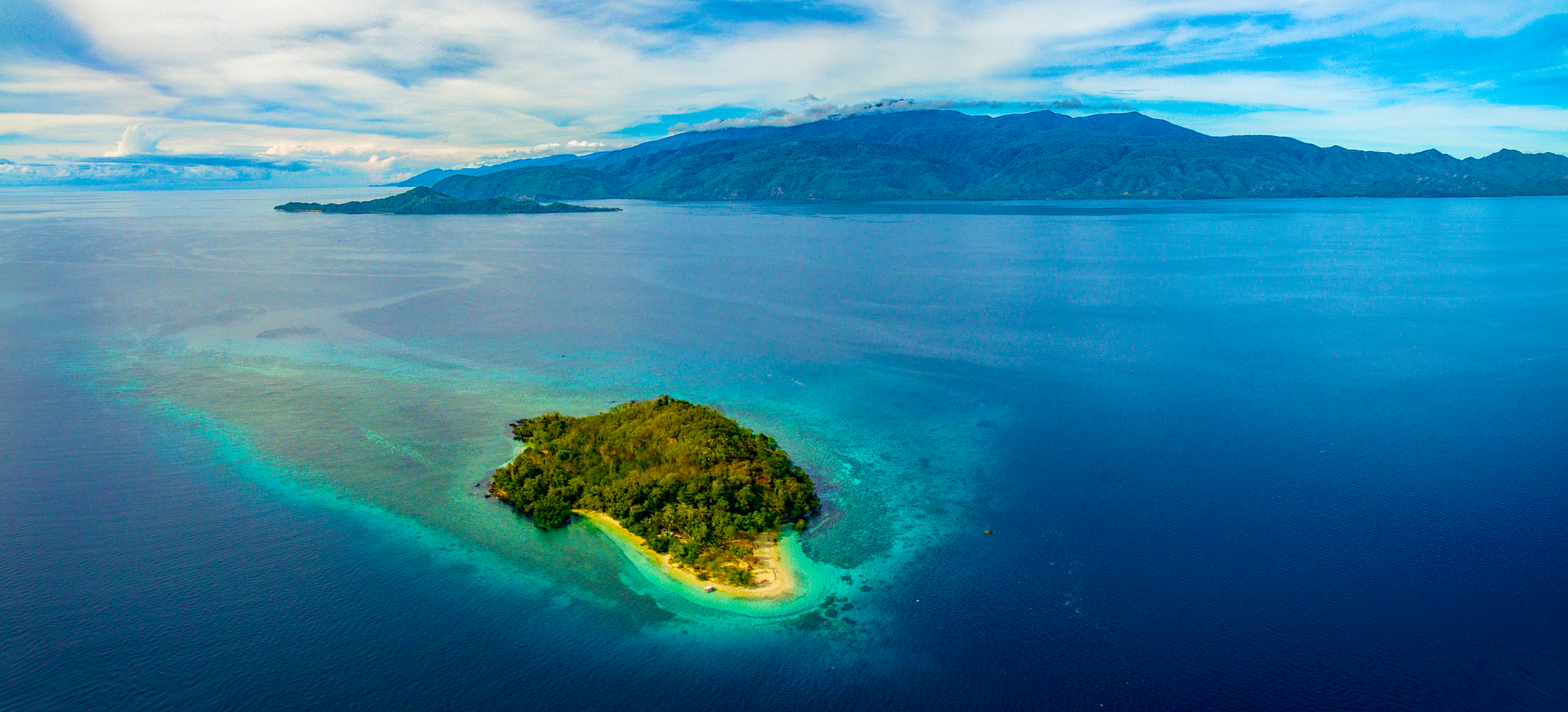
Jayson Ibanez, director for research and conservation of the Philippine Eagle Foundation, says the province “is slowly but surely gaining a reputation of being a center of biological diversification on Mindanao. We want more Filipinos to appreciate and value the province’s contribution to the country’s biological wealth through this event.”
“Among the eleven protected areas in the Davao Region, six of which are found in Davao Oriental. This indicates that this province is rich in unique and charismatic species, may it be flora or fauna that needs conservation and protection,” says Pablito Ofrecia of the Provincial Environment and Natural Resources Office.
“From a narrow, purely utilitarian concept, it becomes easy to develop an attitude of open tolerance or acceptance towards activities that arise from social and commercial demands for terrestrial and coastal resources as sources of revenue since the need to alleviate poverty and improve the quality of life is paramount, and to be ambivalent about environmental challenges, so that whenever the protection of nature conflicts with economic growth, the economy usually takes precedence. This is one reason why our country today, and the rest of the world, for that matter, face a biodiversity crisis that is sadly caused by man. Human activities stemming from the reckless pursuit of economic development result in the over-exploitation of resources, pollution, and increase in agricultural and livestock farming areas on an industrial scale, among others, which impact the environment adversely and trigger biodiversity loss. Locally speaking, I think that a major factor in our biodiversity loss is the lack of public awareness, understanding and appreciation of biodiversity and its importance, thus, it continues to be a problem that needs to be addressed,” says Governor Nelson Dayanghirang.
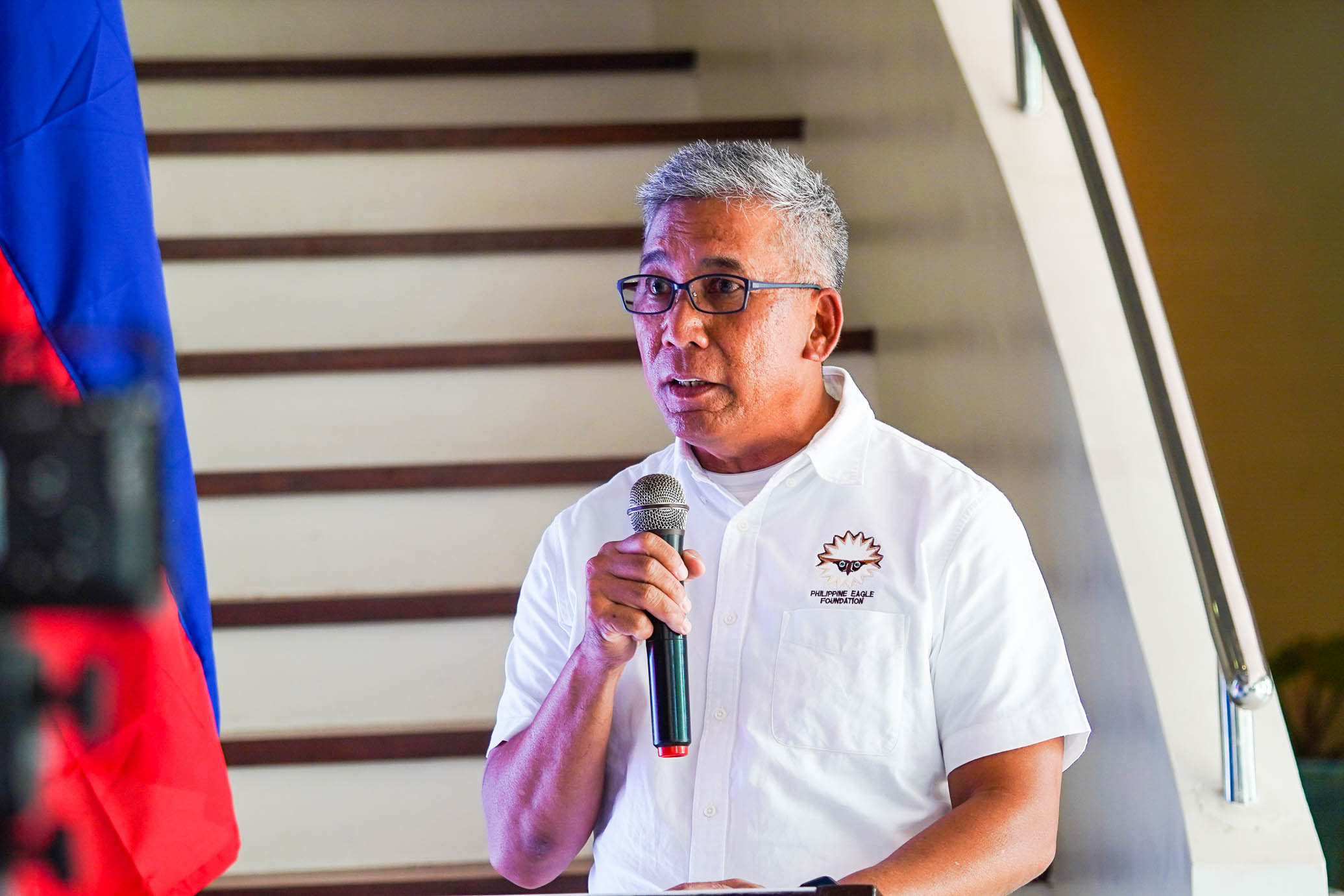
Scientists and conservationists who organized the event here says the functional ecosystems from ridge to reefs naturally interact and depend on the other adjacent ecosystems in one way or the other. The movement of nutrients through food webs is the delicate connection that links terrestrial, freshwater and marine ecosystems. As the top predator in most of these food webs, humans play a critical role in maintaining the connections and ecological functions of ecosystems.
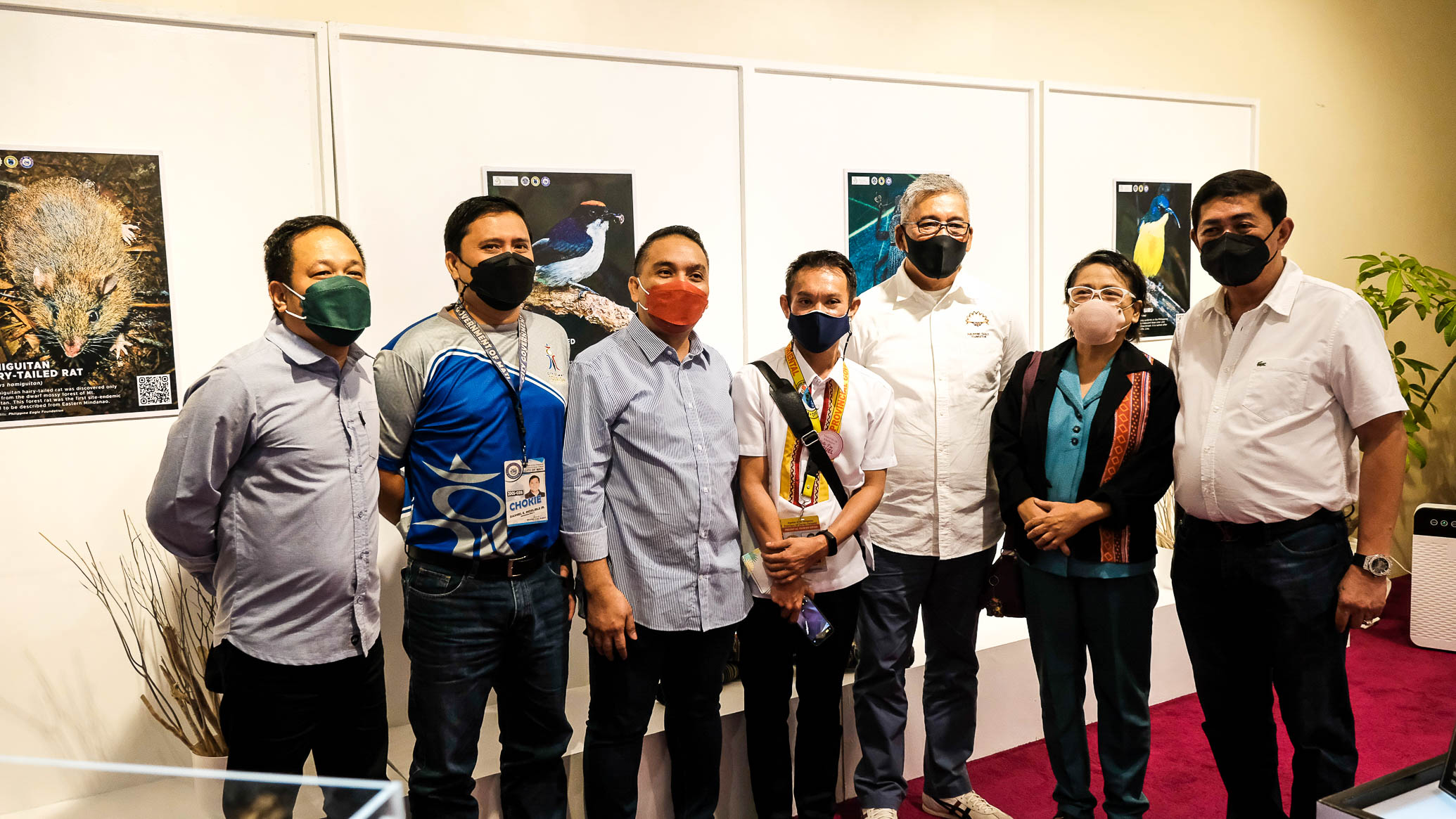
One of the speakers had explained the great importance of biodiversity to people: “Humans depend on the biodiversity of flora and fauna for food. Food security faces significant challenges due to population growth, poverty, globalization, climate change and other factors. Supplying healthy food to all citizens is crucial for global development – to reach it, not only food production but also equitable access to food for all people must be improved substantially. Biodiversity loss and global food security are, hence, two major challenges of our time. Linking these two areas from a research perspective, and seeking synergies between them is likely to generate multiple benefits for social, ecological and economic development. Living within our environmental limits is one of the central principles of sustainable development. Biodiversity sustainable management is concerned with developing processes that will lead to businesses becoming completely sustainable in the future. It is about making responsible decision that will reduce the negative impacts of resource-extracting business on the biodiversity and environment. Ecosystem functions drive the world’s life-sustaining machines. Ecosystems produce oxygen, purify and detoxify the air and water, store and cycle fresh water, regulate the climate, form topsoil, prevent erosion and flood damage, and produce raw materials, foods and medicines. Most of these ecosystem services cannot be replaced by human technology, at any cost. Given how little we know about how nature functions, preserving biodiversity through innovations is an important investment in our future, and a priceless gift to future generations.” By Ferdinand Zuasola/Photos by Eden Jhan Licayan
